Films
Dream Creations International
ENOUGH! Lebanon’s Darkest Hour
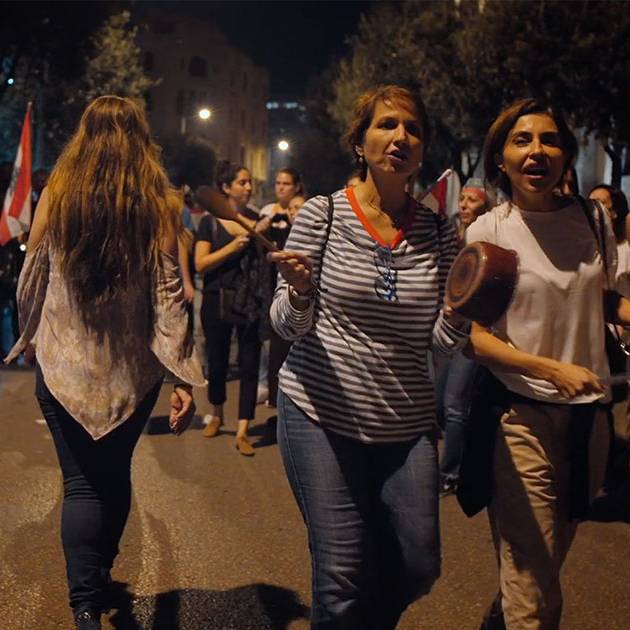
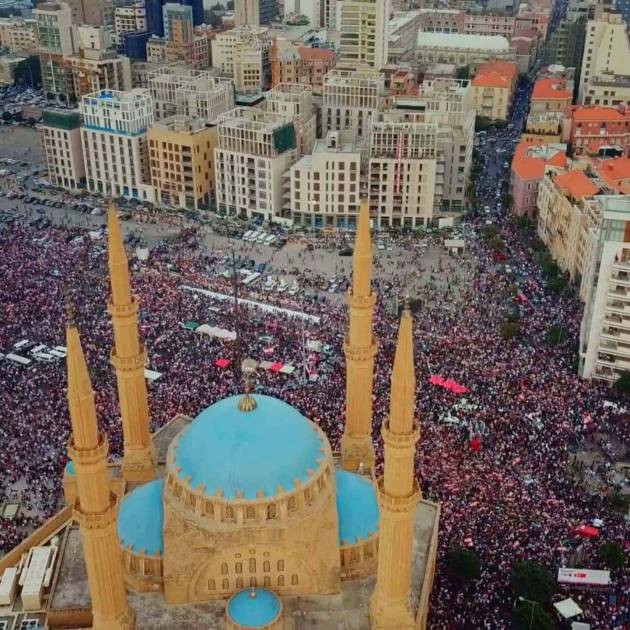
“Brave and compelling…a powerful, personal taking apart of the networks that sustain corruption and mismanagement in Lebanon.”
Tom Fletcher – Former UK Ambassador to Lebanon.
A powerful film for change, the film tackles many of Lebanon’s challenging issues and focuses on the massive state corruption, mismanagement of government institutions and infrastructure, embezzlement of funds, and targets the political actors and parties behind the country’s collapse over the post-war decades.
Produced over five years, Daizy’s level of access to some of the country’s most prominent political figures is unprecedented and offers damning evidence of state-level, criminal corruption through incisive interviews with whistle-blower, former Director General of the Ministry of Finance, Alain Bifani and Thanassis Cambanis, Senior Fellow and Director of The Century Foundation in New York.
This is Not a Movie. It is a MOVEMENT!
Key in the elections is the Lebanese expat vote – with an estimated 16 million people, Lebanon has one of the largest diasporas in the world, with the majority divided between Australia, Latin America and the US/Canada.
Ms Gedeon says: “We have no time left. Lebanon has no time left. It is a ticking time bomb and the only way to save Lebanon is if people understand and are convinced of the reasons for our current situation and who is responsible. This film unequivocally makes it clear who is responsible and how WE the Lebanese people, both in the diaspora and in Lebanon, can save Lebanon.”
“If we do not act now. If we do not understand now, we will lose Lebanon forever. What I mean about that is that we will all GIVE UP on LEBANON and stop going back. That will be the biggest tragedy.”
Lebanon…Imprisoned Splendour, 1996
“A remarkable & brilliant documentary”
Greg Sheridan
Foreign Editor, The Australian Newspaper
On April 13, 1975, war erupted in Lebanon, devastating the country for more than 17 years. But before and beyond the war exists a romantic, exciting, historic land that has been visited and blessed by Jesus Christ, conquered by Alexander the Great, inspired by the Islamic teachings of Mohammed, controlled by France but liberated by the Lebanese.
Daizy, through this beautiful and moving story, explains that she felt the need to come to terms with the country she left with her family in 1970 at the age of She also wanted to fill “the gap between anger and poverty” in the image that the war-torn nation has had in the media since conflict broke out in 1975.
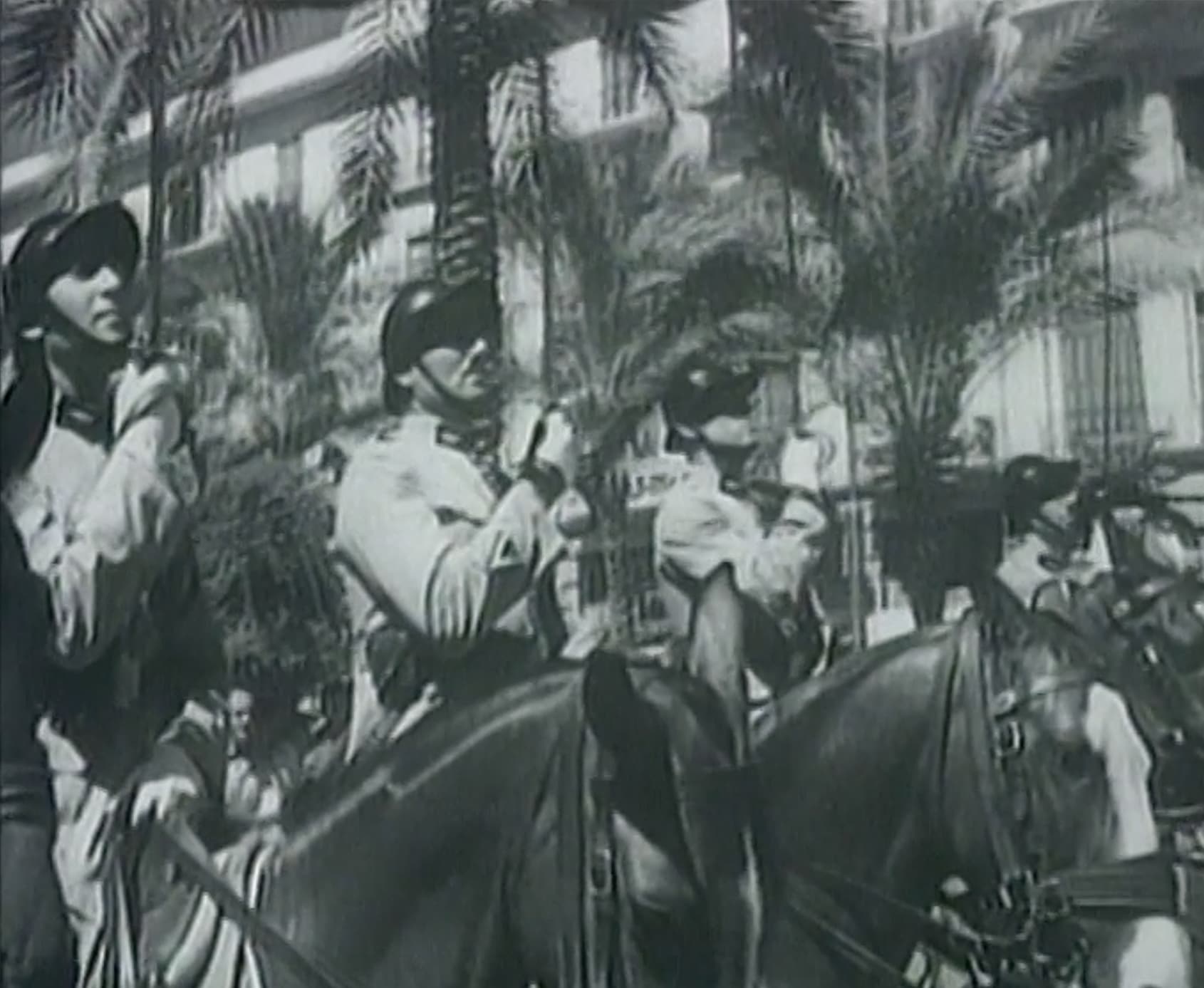
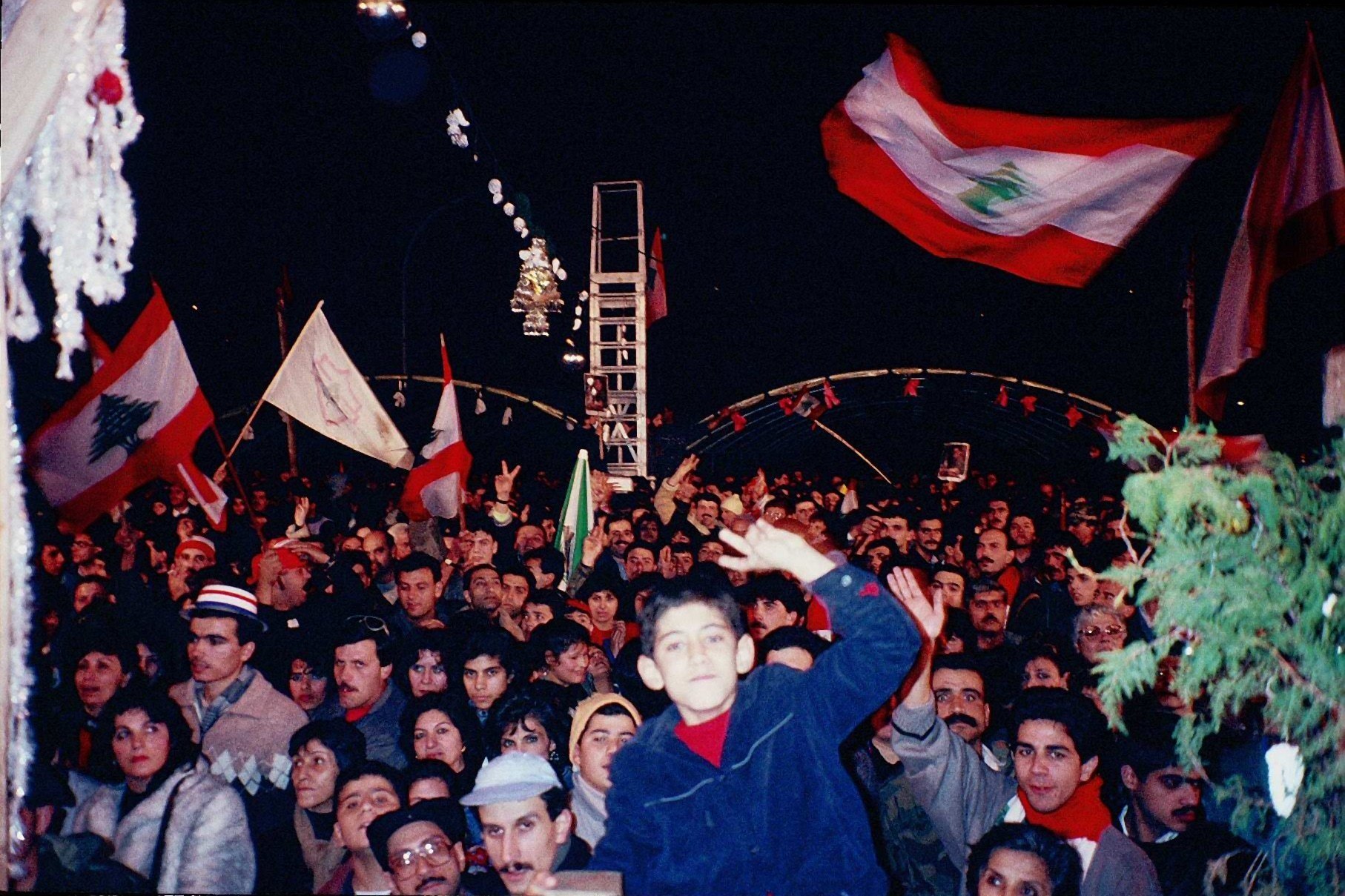
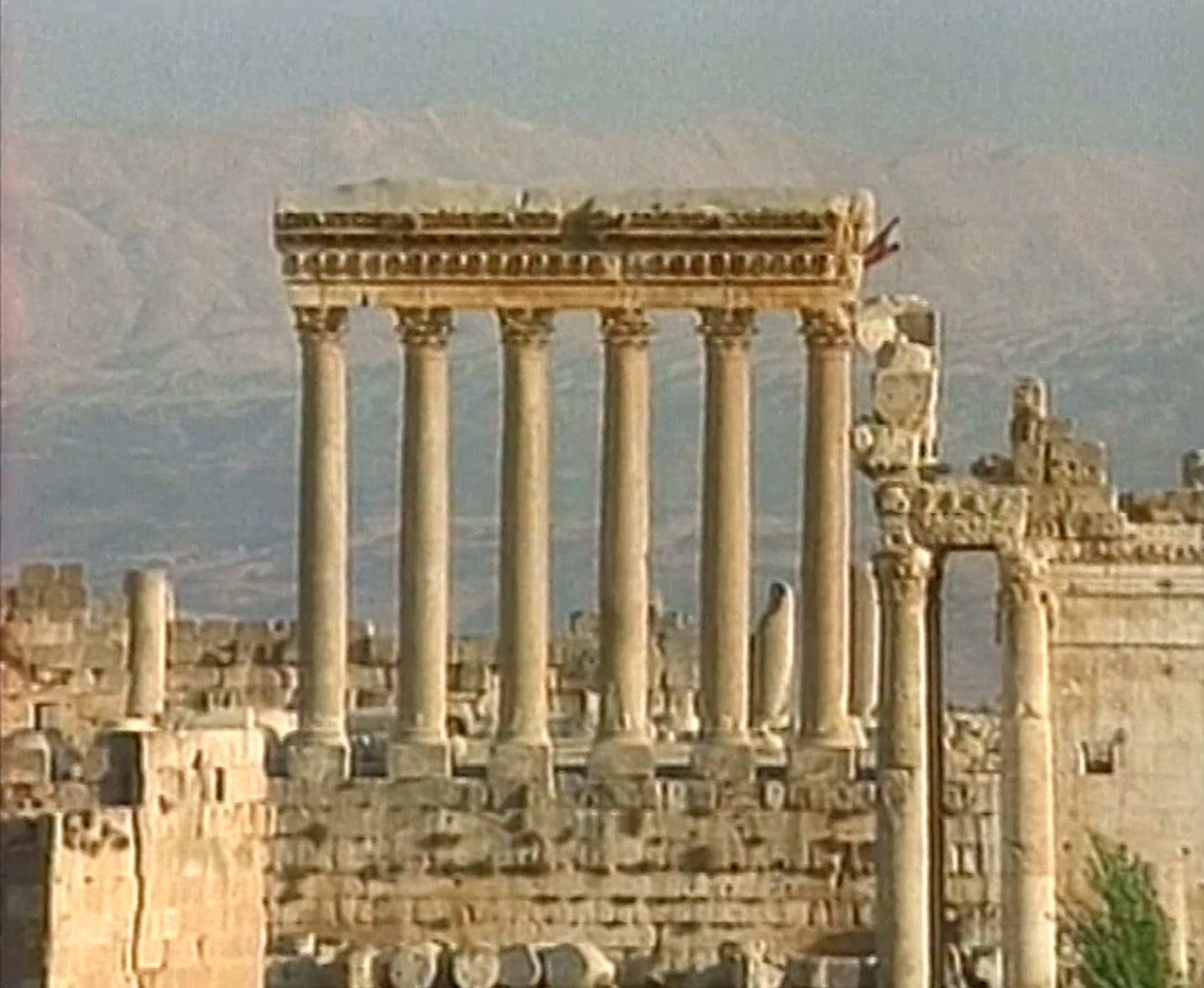
What she has done, so astutely, is to make of her documentary a personal memoir celebrating the ancient and diverse culture of Lebanon. This rich context enables her to stay above the fray and to suggest that religious differences, at one time viewed with a long-established tolerance, have in recent decades been widely exploited for profit by an array of foreign powers at the expense of the Lebanese people. She comes to believe that Lebanon, with a long history of foreign occupation, will survive and endure, thanks to the resilience and compassion of its people.
“You never stop being Lebanese,” says the late Omar Sharif, in the film, even though he has become the most internationally renowned Egyptian film star of all time.
But Sharif was born Michel Shalhoub in Lebanon and has never forgotten his roots. Sharif serves as the film’s special guest, and his elegant presence fills the film much like the poetic passages quoted from Khalil Gibran.
The film was released in 1996 and won several international awards including the Silver Screen Award at the US International Film & Video Festival, was an entrant in the 1998 Academy Award for Best Feature Documentary, received a High Commendation byt he Human Rights & Equal Opportunity Commission, selected Best of the Shorts at the Boston Film Festival and also received the Kahlil Gibran Literary Award by the Australian Kahlil Gibran Society.
Join the Movement
Change . Truth . Justice



